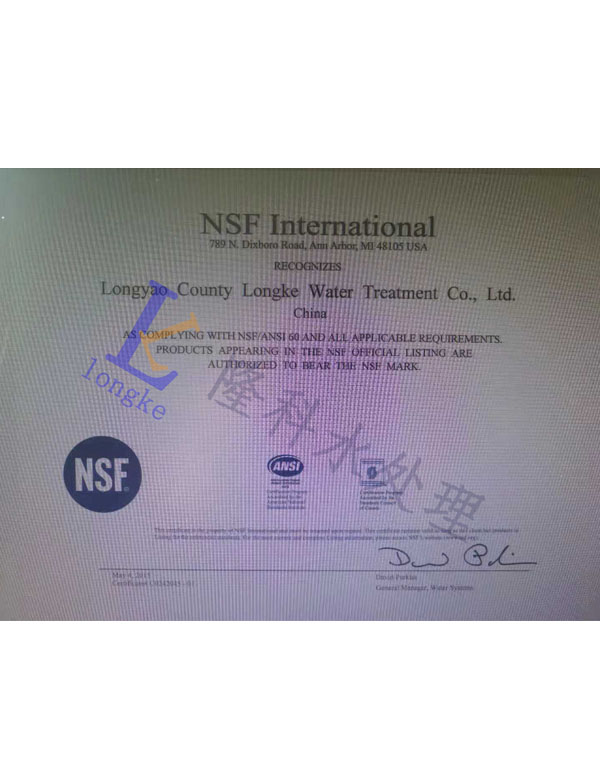Exploring the Role of Flocculants in Enhancing Water Treatment Efficiency and Quality Restoration
Flocculant Chemicals for Water Treatment An Overview
Water treatment is a crucial process that ensures the safety and quality of water for various uses, including drinking, industrial processes, and agricultural applications. One of the key components in this process is flocculant chemicals, which play a vital role in the removal of impurities and contaminants from water. This article provides an overview of flocculants, their types, applications, and importance in water treatment.
What are Flocculant Chemicals?
Flocculants are substances that promote the agglomeration or clustering of fine particles in a liquid medium. They work by neutralizing the charges that stabilize these particles, allowing them to come together and form larger aggregates known as flocs. These flocs can then be easily separated from the water through sedimentation or filtration processes.
Types of Flocculant Chemicals
Flocculants can be broadly categorized into two main types inorganic and organic flocculants.
1. Inorganic Flocculants These are generally salts of metals, such as aluminum sulfate (alum) and ferric chloride. Inorganic flocculants are widely used due to their effectiveness and low cost. They are particularly effective in coagulating fine particles and are commonly used in municipal water treatment facilities.
2. Organic Flocculants These are synthetic or natural polymers that are designed to be more efficient and environmentally friendly. Common organic flocculants include polyacrylamide and polysaccharides. They can be tailored to target specific contaminants and are often used in industrial applications as well as wastewater treatment.
Applications of Flocculants in Water Treatment
Flocculants are utilized in various water treatment processes, including
- Municipal Water Treatment In drinking water treatment plants, flocculants help remove turbidity, suspended solids, and pathogens, ensuring that the water meets safety standards.
flocculant chemicals for water treatment

- Wastewater Treatment In industrial and municipal wastewater treatment, flocculants are used to facilitate the removal of pollutants, enabling the water to be treated and released back into the environment safely.
- Mining and Mineral Processing Flocculants play a significant role in the separation of valuable minerals from waste materials, improving recovery rates and reducing environmental impact.
The Importance of Flocculants in Water Treatment
The use of flocculant chemicals in water treatment has several important benefits
1. Improved Water Quality Flocculants significantly enhance the removal of suspended solids, colloids, and pathogens, leading to cleaner and safer water.
2. Cost-effective Solutions The use of flocculants can reduce operational costs by optimizing the efficiency of sedimentation and filtration processes, thus minimizing the need for additional equipment and energy.
3. Environmental Protection By effectively treating wastewater and minimizing the release of pollutants into the environment, flocculants contribute to environmental sustainability and protect ecosystems.
4. Customization and Versatility With a range of flocculants available, water treatment processes can be tailored to address specific contaminants, improving overall efficacy.
Conclusion
Flocculant chemicals are essential in the water treatment process, effectively removing impurities and ensuring the safety and quality of water. With diverse applications across various industries, they offer both economic and environmental benefits. As water scarcity and pollution continue to be pressing global issues, the role of flocculants will be increasingly important in achieving sustainable water management practices. Continuous research and development into more effective and environmentally friendly flocculants will further enhance their significance in the future of water treatment.
-
Water Treatment with Flocculant Water TreatmentNewsJun.12,2025
-
Polymaleic AnhydrideNewsJun.12,2025
-
Polyaspartic AcidNewsJun.12,2025
-
Enhance Industrial Processes with IsothiazolinonesNewsJun.12,2025
-
Enhance Industrial Processes with PBTCA SolutionsNewsJun.12,2025
-
Dodecyldimethylbenzylammonium Chloride SolutionsNewsJun.12,2025





